Phnom Penh, January 30, 2020 –Cambodian Prime Minister Samdech Akka Moha Sena Padei Techo Hun Sen appealed to all media to join hands in fighting against fake news, especially those on the current spread of novel coronavirus (2019-nCoV).
In his statement to his compatriots here this morning, the Premier underlined that the fear of the 2019-nCoV soared quickly due to fake news.
Samdech Techo Hun Sen thus called on all media to publish true information about the deadly virus, adding that the main source providing true information on 2019-nCoV is the Ministry of Health.
Samdech Techo Prime Minister also gave some recommendations and suggestions on how to prevent the transmission and minimise the economic and social impacts of the 2019-nCoV.
According to the Ministry of Health, Cambodia has so far detected only a case of 2019-nCoV, since its outbreak in China in December last year.
Early this week, Samdech Techo Hun Sen has appealed to his compatriots to take part in preventing the spread of coronavirus.
The deadly virus, which began in China’s Wuhan city, has now arrived in Hong Kong, Taiwan, Macau, Thailand, the U.S., Australia, Canada, France, Nepal, Japan, Singapore, South Korea, Vietnam, Malaysia, Nepal, Sri Lanka, Germany and so on.
According to the World Health Organisation (WHO), Coronaviruses (CoV) are a large family of viruses that cause illness ranging from the common cold to more severe diseases such as Middle East Respiratory Syndrome (MERS-CoV) and Severe Acute Respiratory Syndrome (SARS-CoV).
A novel coronavirus (nCoV) is a new strain that has not been previously identified in humans.
Coronaviruses are zoonotic, meaning they are transmitted between animals and people. Detailed investigations found that SARS-CoV was transmitted from civet cats to humans and MERS-CoV from dromedary camels to humans. Several known coronaviruses are circulating in animals that have not yet infected humans.
On Dec. 31 2019, the WHO China Country Office was informed of cases of pneumonia of unknown etiology (unknown cause) detected in Wuhan city, Hubei province of China. A novel coronavirus (2019-nCoV) was identified as the causative virus by Chinese authorities on Jan. 7. On Jan. 10, WHO published a range of interim guidance for all countries on how they can prepare for this virus, including how to monitor for sick people, test samples, treat patients, control infection in health centres, maintain the right supplies, and communicate with the public about this new virus. Common signs of infection include respiratory symptoms, fever, cough, shortness of breath and breathing difficulties. In more severe cases, infection can cause pneumonia, severe acute respiratory syndrome, kidney failure and even death.


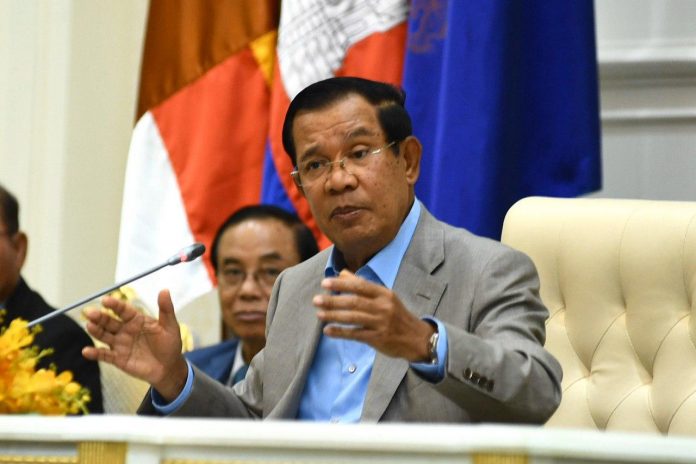
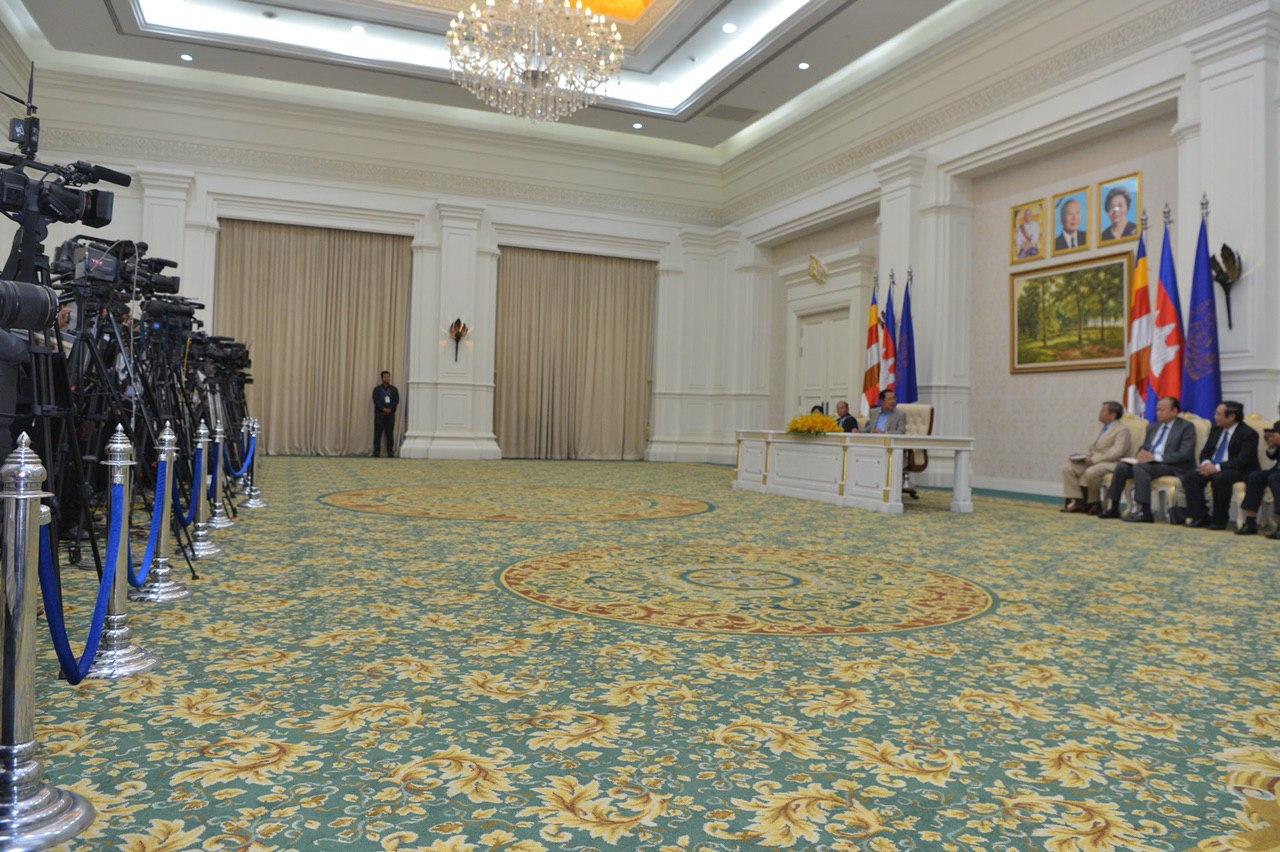
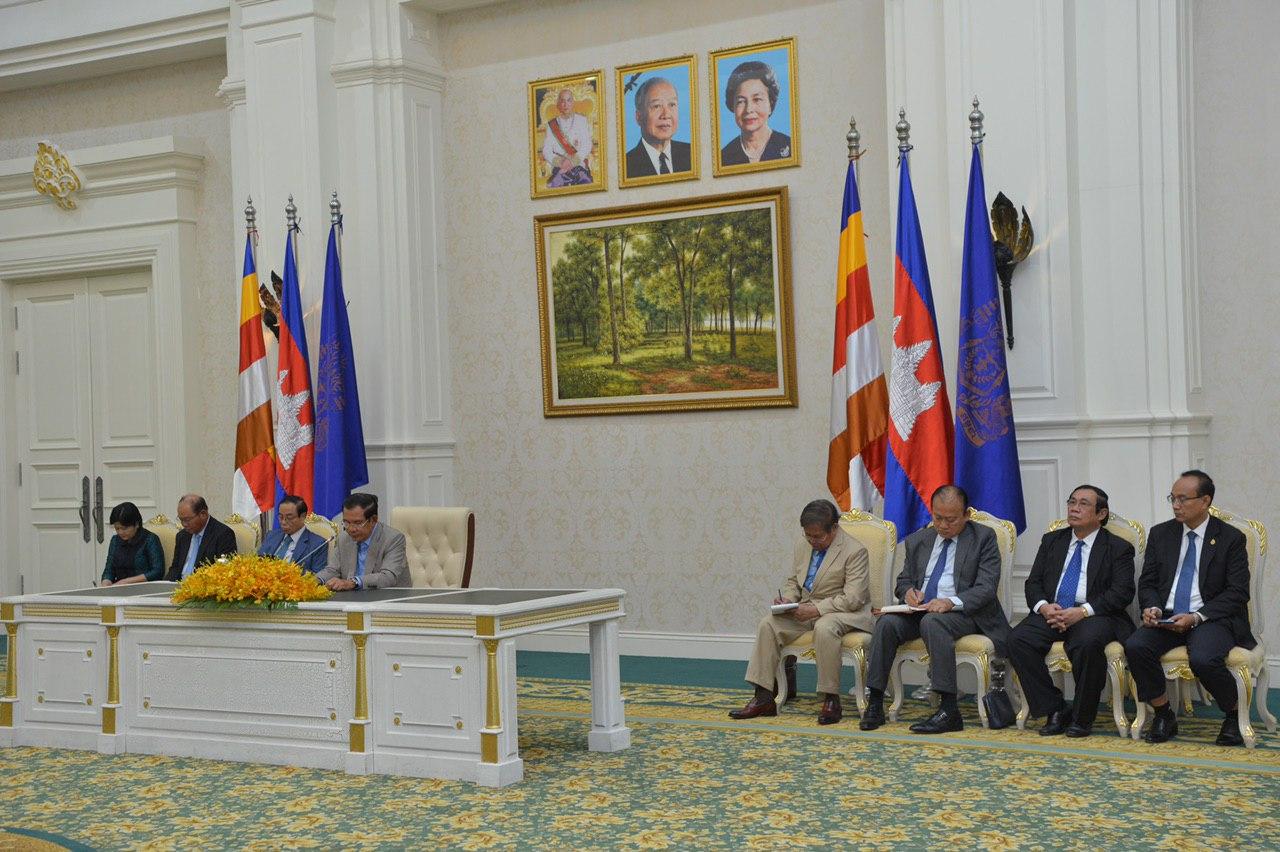
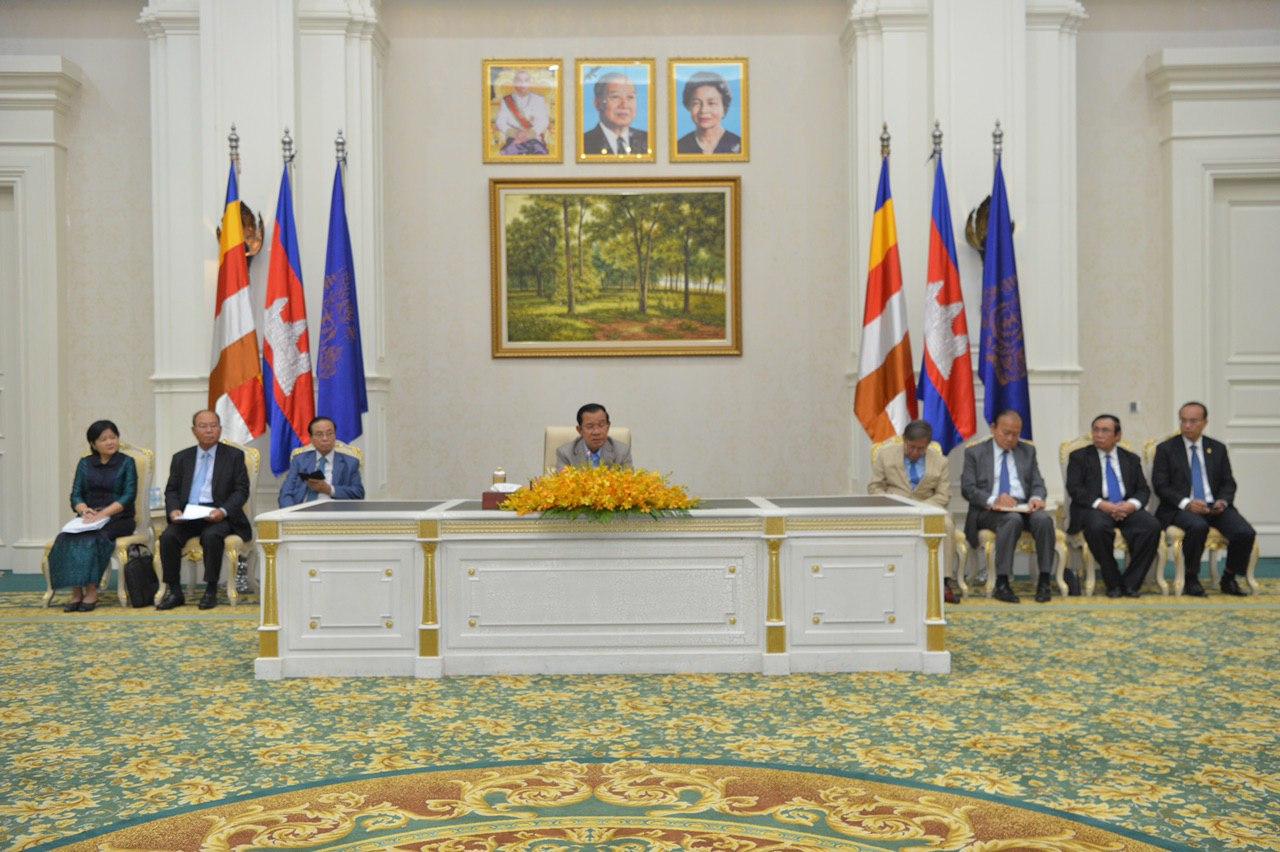
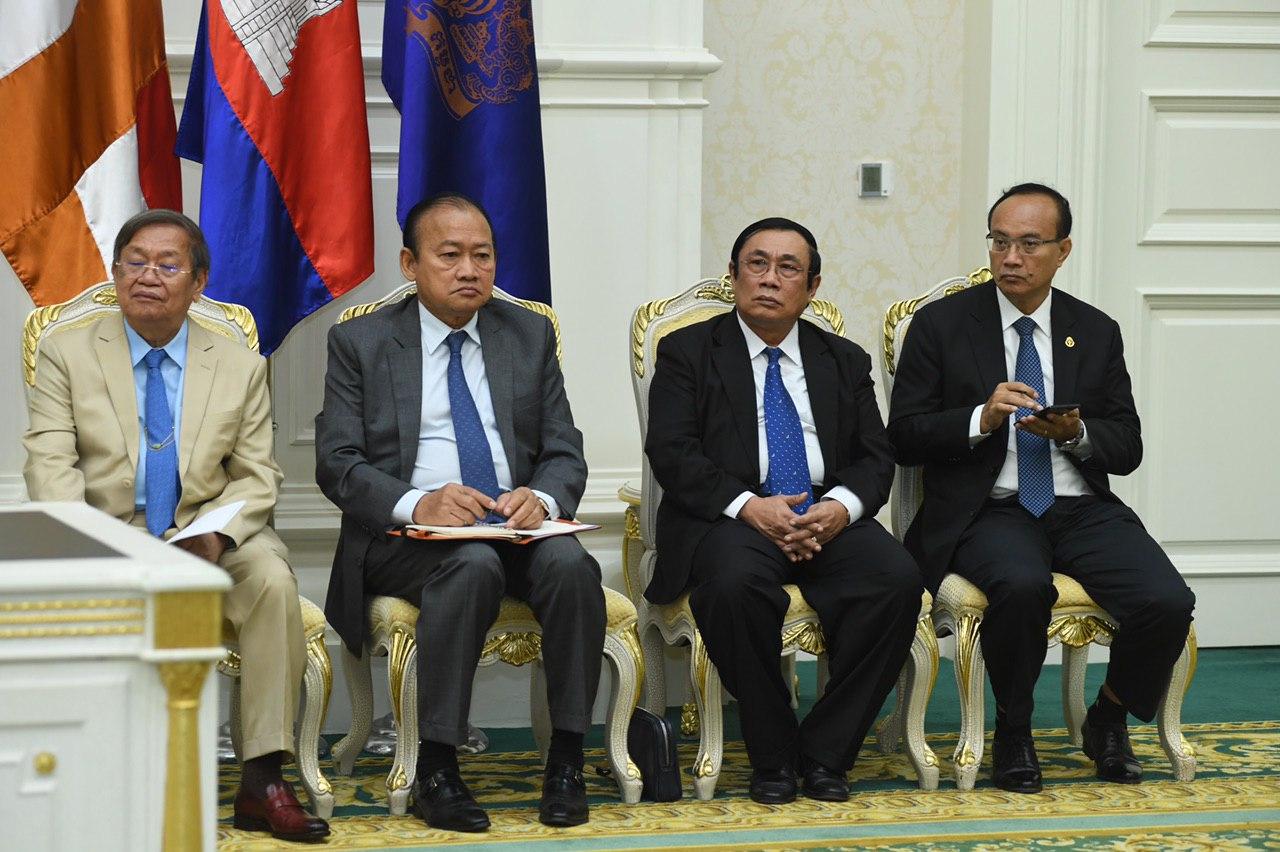
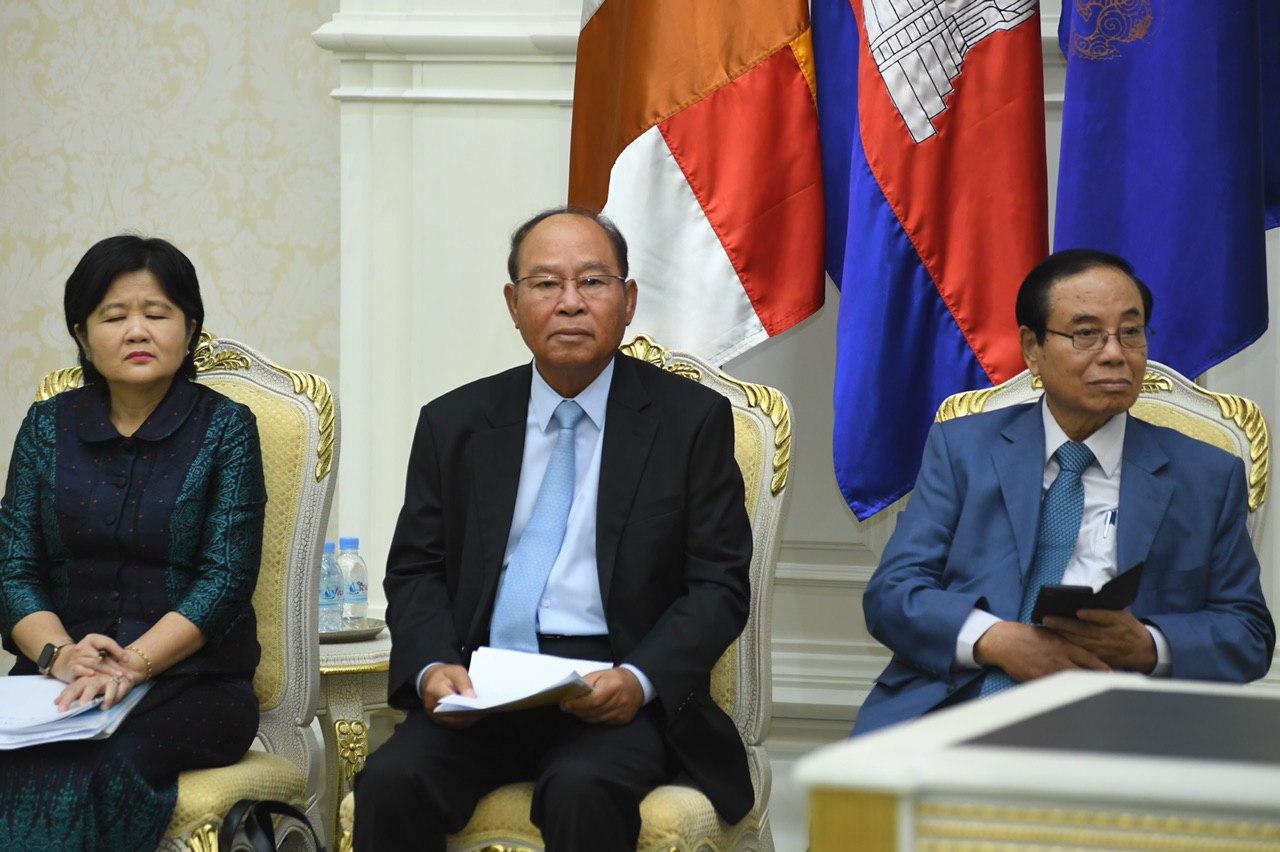

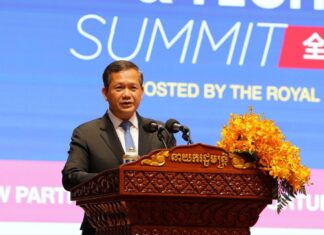


![Special Lecture by Samdech Akka Moha Sena Padei Techo HUN SEN, President of the Senate of the Kingdom of Cambodia, on “Leadership Experiences and Vision for Peace” to the 11th Plenary of the International Parliament for Tolerance and Peace (IPTP) [Unofficial Translations]](https://pressocm.gov.kh/wp-content/uploads/2024/12/468161445_1188047276010391_3141496335218348185_n-100x70.jpg)
